Description
For robots to operate in unstructured environments, they must confront two main challenges: 1) variations across task instances and environments, and 2) uncertainty arising from unobserved states and unmodelled artifacts. For example, task instances vary from pick and place, operating articulated objects, to using tools and deformable objects to accomplish a task. An example of uncertainty consider includes partial to completely unobserved states. The key question that will be discussed in this workshop is What is a task representation for robot manipulation, that is general to objects, task instances and accommodates uncertainty?.
Various communities have proposed competing representations toward specific objectives: latent feature representations for robot control, symbolic representations for task planning, or metric representations for localization and motion planning. For example, Planning Domain Definition Language (PDDL) is a common representation for task planning. PDDL’s predefined symbols and structures are easily explainable and widely adopted. However, representing uncertainty and continuous values in PDDLs is not straightforward, and limits applicability. As another example, the rewards in RL can be thought of as a task representation, with its own weakness in terms of interpretability and data efficiency.
This workshop aims to bring researchers from different domains (perception, planning, knowledge representation, and machine learning) for a discussion. The goal is to formalize the effectiveness of a task representation in the face of uncertainty, arrive at a set of critical challenges, and spark discussions towards common task-representations that will benefit the robotics community.
Submissions
We solicit 3 page extended abstracts (page counts do not include references). On acceptance, the camera ready version can be a full paper upto 6 pages (excluding references). Submissions can include original research, position papers, and literature reviews that bridge the research areas for this workshop. Submissions will be externally reviewed, and selected based on technical content and ability to positively contribute to the workshop. All accepted contributions will be presented in interactive poster sessions. A subset of accepted contributions will be featured in the workshop as spotlight presentations.
The following list contains some areas of interest, but work in other areas is also welcomed:
- Task representations across sense, plan, and control areas
- Task representations with explicit uncertainty
- Task representations in object grasping and manipulation
- Task representations in navigation and mobile manipulation
- Reusable / scalable / transferable task representation
- Dynamic task representations
- Knowledge representation and reasoning
- Representation learning
- Interactive perception
- Task and motion planning (TAMP)
- Learning from demonstration
- Hierarchical / multi task representations
- Methodologies for task assessment
We will accept papers in the official IEEE templates (LaTeX and Word). Submissions must meet page restrictions (maximum of 3 pages for extended abstracts and 6 pages for full papers), but can include additional pages as long as those pages only contain references. Reviewing will not be double blind. Please do not anonymize the submission.
Papers and abstracts should be submitted through the following link: TBD.
Important Dates
(deadlines are "anywhere on earth")
- March 12
- Workshops call for contributions
- April 9
- Extended abstract submission deadline
- April 30
- Notification of acceptance
- May 31
- Camera ready deadline for full paper
- Jul 12 or 1mi3
- Workshop
Location
Workshop: TBD
Poster: TBD
Presentations
All accepted contributions will be presented in interactive poster sessions. We strongly recommend adhering to the following poster size:
Potrait configuration: 32 inch (width) x (40 inch height)
We derived this size from the following data. Each poster stand has a usable area of 74 inch (width) x 38 inch (height). This area will be split among two posters appearing side by side. Unfortunately, RSS organizers have notified us of limited availability of stands and space. Hence we kindly urge the presenters to adhere to the specified dimensions.
Note that the poster session will take place in a different room from the main workshop. This room is available from 2.00 p.m to 7.00 p.m. The presenters should setup soon after lunch and be near their stands. Please check the schedule for the room number and the timings.
Contributions selected for spotlight presentations should prepare a 5 minute talk. This will be followed by 1 minute of audience questions. During this time the next presenter should set up. All presenters should check in during the first coffee break and verify display settings. Please check the schedule for the presentation order.
Program
Location
Workshop: TBD
Poster: TBD
| Time | Topic | Speaker |
|---|---|---|
| 08:45 - 09:00am | Introduction | TBD |
| 09:00 - 09:30am | TBD | TBD |
| 09:30 - 10:00am | TBD | TBD |
| 10:00 - 10:30am | Coffee break | |
| 10:30 - 11:00am | TBD | TBD |
| 11:00 - 11:30am | TBD | TBD |
| 11:30 - 12:00am | TBD | TBD |
| 12:00 - 13:00pm | Spotlight Talks I (Perception, Learning) | |
| 13:00 - 14:00pm | Lunch | |
| 14:00 - 14:30pm | TBD | TBD |
| 14:30 - 15:00pm | TBD | TBD |
| 15:00 - 15:30pm | TBD | TBD |
| 15:30 - 16:00pm | Spotlight Talks II (Planning, etc) + Poster Session | |
| 16:00 - 16:30pm | Poster Session | |
| 16:30 - 17:00pm | TBD | TBD |
| 17:00 - 17:30pm | TBD | TBD |
| 17:30 - 18:30pm | Panel Discussions | All Invited Speakers |
Tentatively accepted speakers
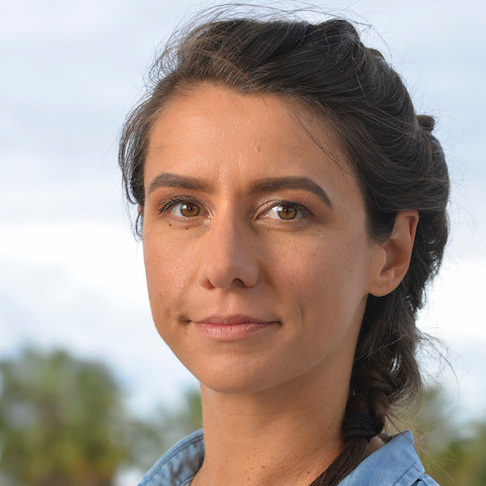 |
Jeannette Bohg, Stanford University |
 |
Dieter Fox, University of Washington |
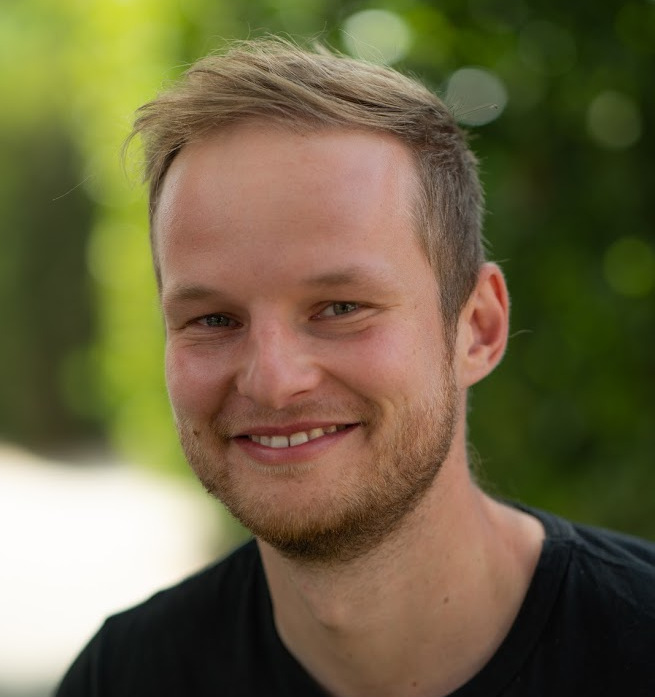 |
Karol Hausman, Google Brain |
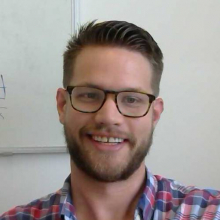 |
Tucker Hermans, University of Utah |
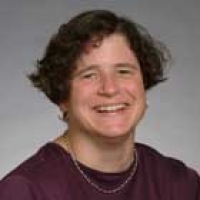 |
Leslie Pack Kaelbling, Massachusetts Institute of Technology |
 |
Scott Niekum , University of Texas at Austin |
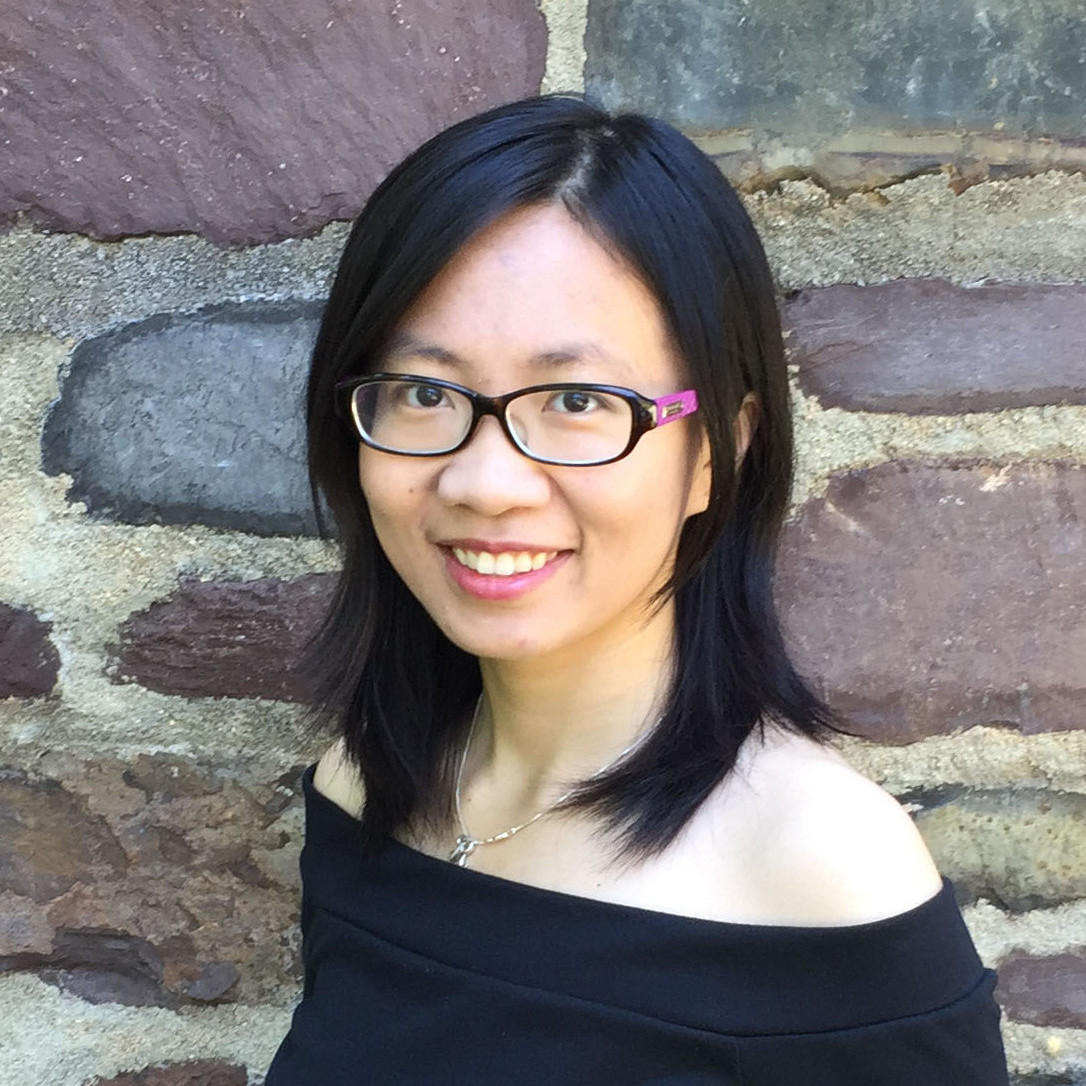 |
Shuran Song, Columbia University |
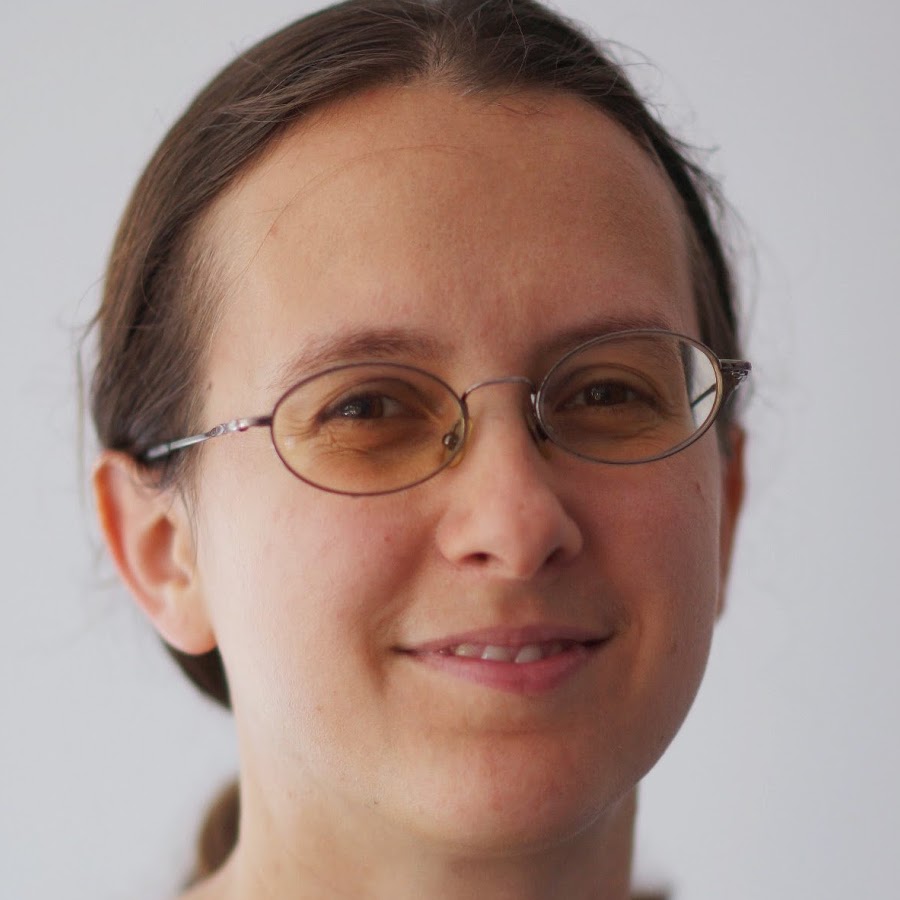 |
Stefanie Tellex, Brown University |
Organizers
Organizing Committee
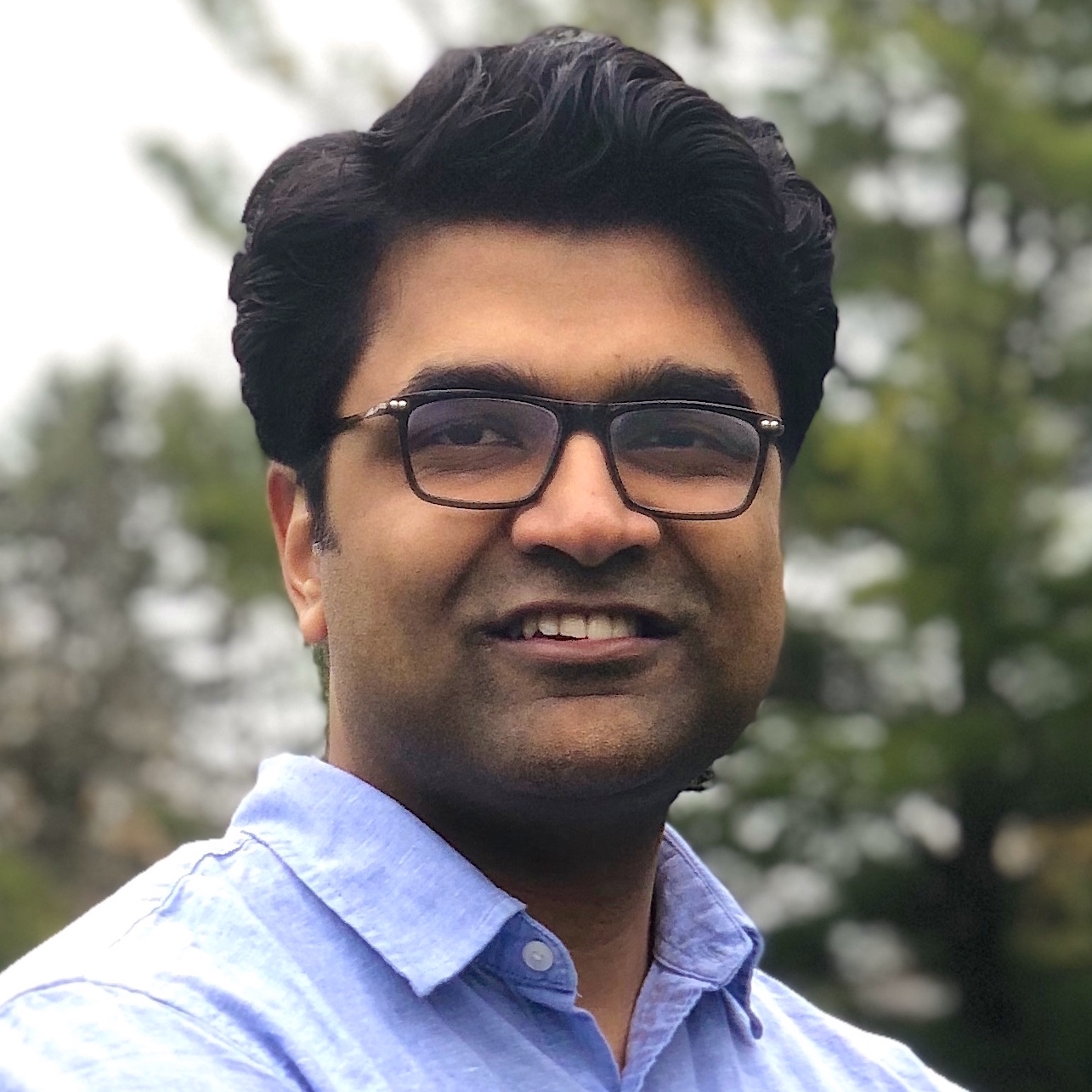 |
Karthik DesinghUniversity of Michigan |
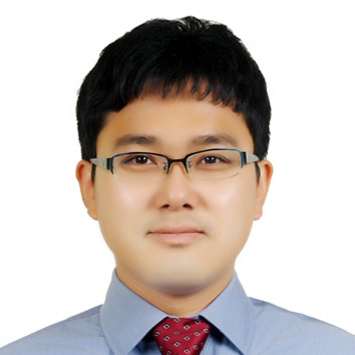 |
Daehyung ParkMassachusetts Institute of Technology |
|
 |
Roberto Martin MartinStanford University |
 |
Jake VarleyRobotics at Google |
|
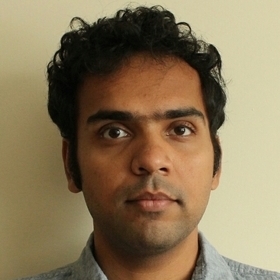 |
Sanjiban ChoudhuryUniversity of Washington |